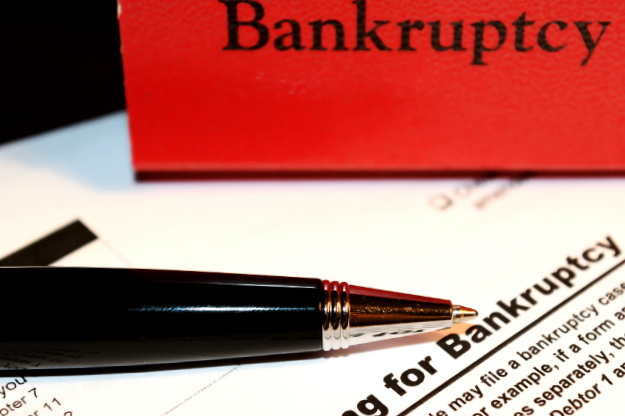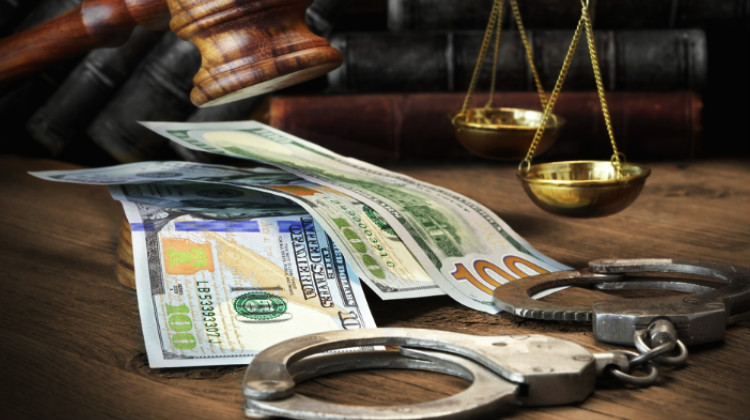Bankruptcy fraud is a serious federal offense which carries with it the threat of hefty penalties.
While many actions can fall under the umbrella of bankruptcy fraud, one example is the concealment of assets to mislead the bankruptcy court.
Additionally, unintentional omissions or mistakes may or may not constitute bankruptcy fraud.
Though you’ll hopefully never find yourself accused of this crime, in this article we give you some examples of bankruptcy fraud you should be aware of.
Bankruptcy Fraud: What Are Considered Offenses?
1. Concealment or Hiding Assets
One of the most common forms of bankruptcy fraud is the concealment or hiding of assets.
This is where a debtor intentionally tries to hide a valuable asset in an attempt to hold onto the asset in bankruptcy proceedings.
However, concealing an asset prevents creditors from obtaining entitlements in bankruptcy proceedings.
In filing for bankruptcy, you are required to declare all your assets.
You may also commit bankruptcy fraud if you assign assets before bankruptcy proceedings.
2. Filing False or Incomplete Forms

Another form of bankruptcy fraud is intentionally filing false or incomplete forms.
Filing bankruptcy requires that you provide a complete and correct list of your assets, your debts, and your current financial status.
Bear in mind bankruptcy proceedings are filed under the penalty of perjury.
Therefore, make sure you double check all information and the completeness of your forms to avoid encountering any problems.
3. Bribery

Attempting to bribe a bankruptcy trustee in your favor is tantamount to bankruptcy fraud.
The court appoints a bankruptcy trustee to oversee your case.
Maintaining a professional relationship with your trustee is important to avoid any misconceptions of bankruptcy fraud.
Consequently, treating your trustee out to dinner may not be a good idea.
4. Multiple Bankruptcy Filing

Intentional filing of multiple bankruptcies can get you in trouble.
For example, it is considered bankruptcy fraud to file for bankruptcy in different states.
Criminals can use different names and information when filing in different states to take advantage of exemptions in some states.
That way, they can try and keep some of their valuable assets.
What are the Consequences of Committing Bankruptcy Fraud?

Committing any of the offenses listed above can result in serious legal consequences.
Bankruptcy applications fall under the penalty of perjury and the U.S. Bankruptcy Code is under federal law.
The act of committing perjury in a bankruptcy case is a federal crime.
Under federal law, a bankruptcy fraud case involves a sentence of up to 5 years imprisonment, a fine of $250,000, or both.
Want to know more about the consequences of bankruptcy fraud? Watch this video from sequenceinc:
Bankruptcy fraud is a serious federal offense no one wants to deal with.
However, unscrupulous individuals pursue it with the sole intention of defrauding the system.
If you ever have to file for bankruptcy, bear in mind that unintentional errors may or may not constitute bankruptcy fraud.
Therefore, always attempt to provide the most accurate and complete information when filing for bankruptcy.
Do you any tips about filing for bankruptcy? Please let us know your thoughts by leaving your comments below.
Up Next: How To Use Student Loan Rehabilitation To Clear A Defaulted Student Loan

